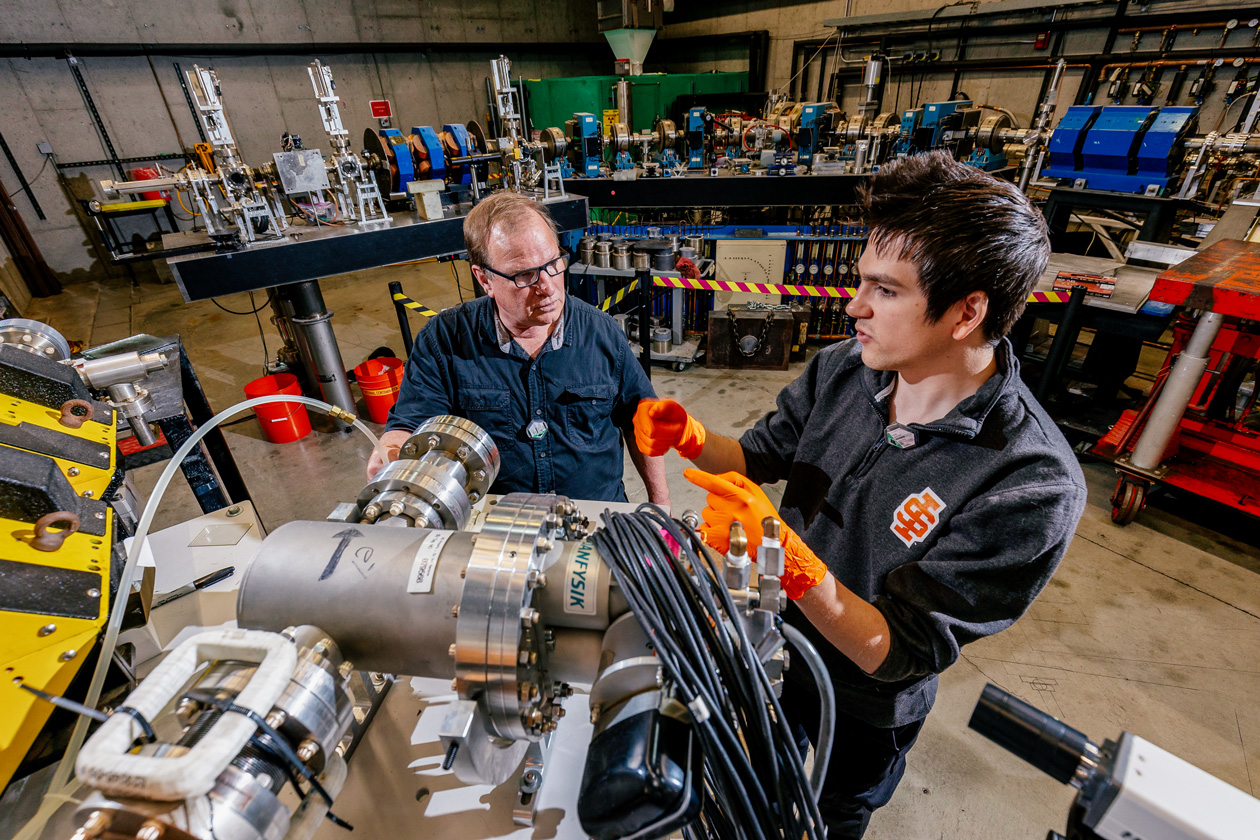
Boosting Isotope Production
Methods to Boost Isotope Production Nuclear Reactors and Particle Accelerators: These are the primary methods for producing isotopes. Nuclear reactors are traditionally used to create a wide range of isotopes by exposing target materials to a neutron source. Particle accelerators, such as cyclotrons, use proton beams to bombard target materials and generate isotopes. Developing higher-capacity accelerators and reactors or enhancing their efficiency directly increases isotope production. Target Optimization: Optimizing the composition and structure of target materials can increase yield. For example, enriched uranium or molybdenum targets can be used to produce technetium-99m, a crucial isotope for medical imaging. Enhanced Extraction and Purification Techniques: Once isotopes are produced, they often require separation from unwanted materials. Advances in chemical separation and purification technology allow for faster and more efficient extraction, ensuring higher purity and reduced waste. International Collaborations and Supply Chain Expansion: Isotope production is limited to a few facilities globally, making international collaboration key to increasing output. Partnerships and investment in production facilities around the world help create a more resilient supply chain for isotopes. Advanced Technologies: Emerging technologies, like laser isotope separation and automated production systems, are also showing promise. Laser isotope separation, for example, offers a way to selectively isolate specific isotopes without the need for high-energy nuclear reactions, making production safer and potentially more cost-effective.
Let's connect
Whether you’re interested in our services, have a question, or just want to chat about the excitingHyper Space Venture and technology, we’d love to hear from you! At World Space, we believe in the power of connection and collaboration. Reach out to us, and let’s explore how we can work together to achieve great things. Connect with us via email, social media, or our contact form—we’re here to help.